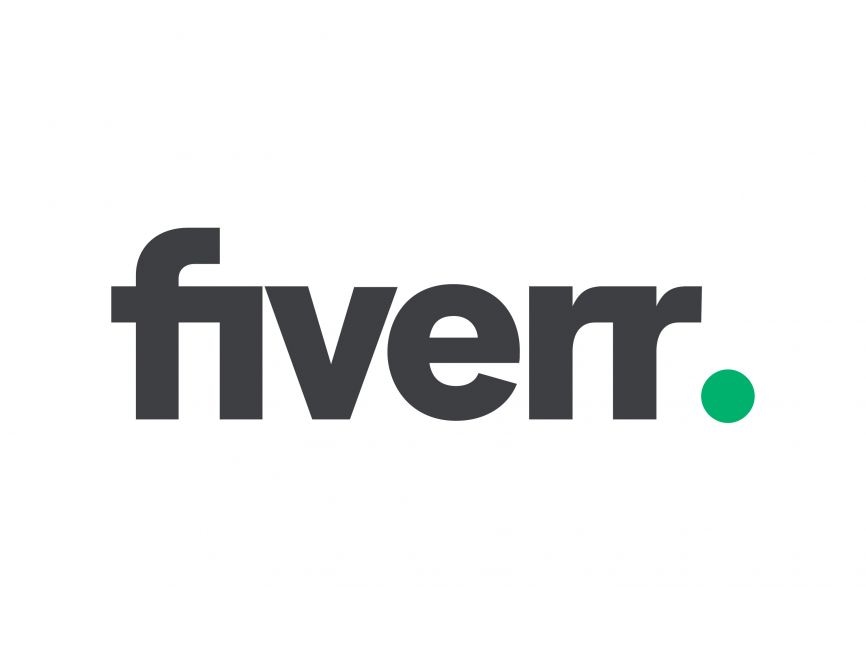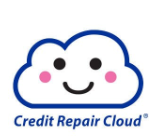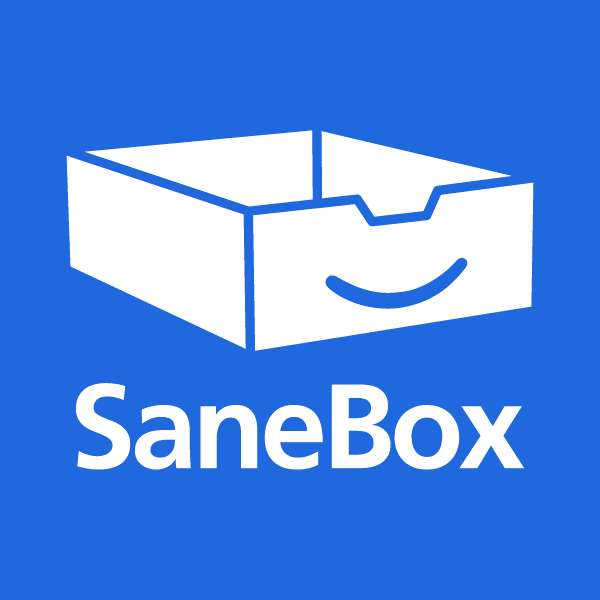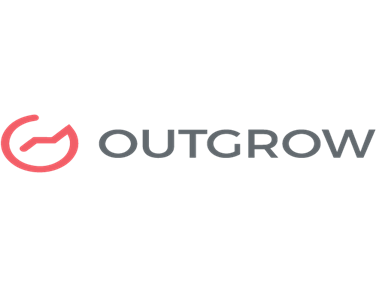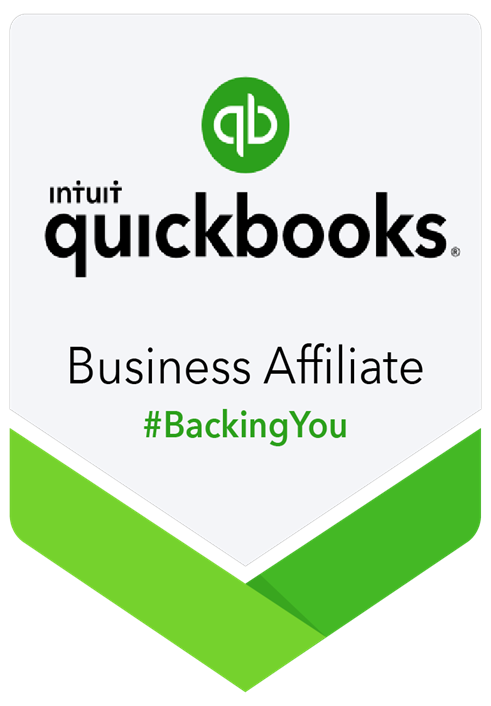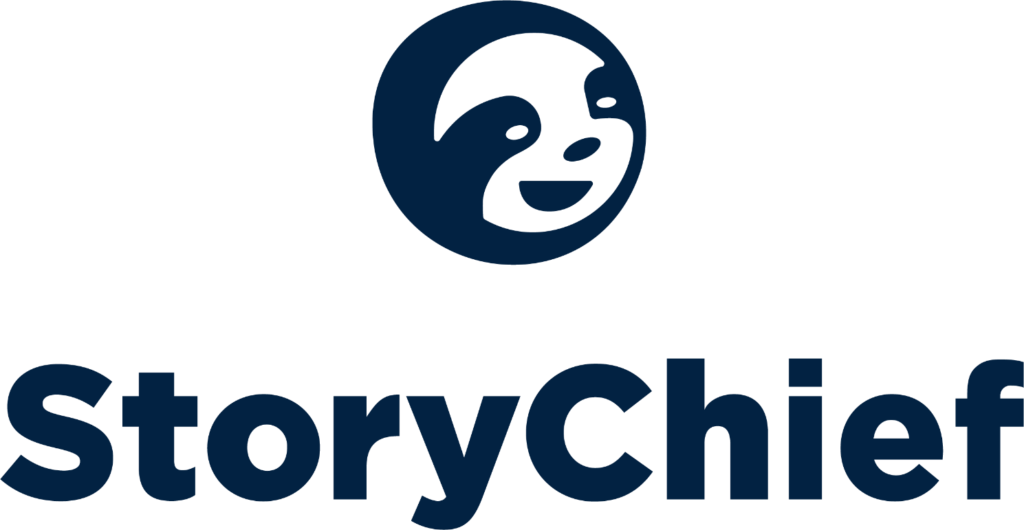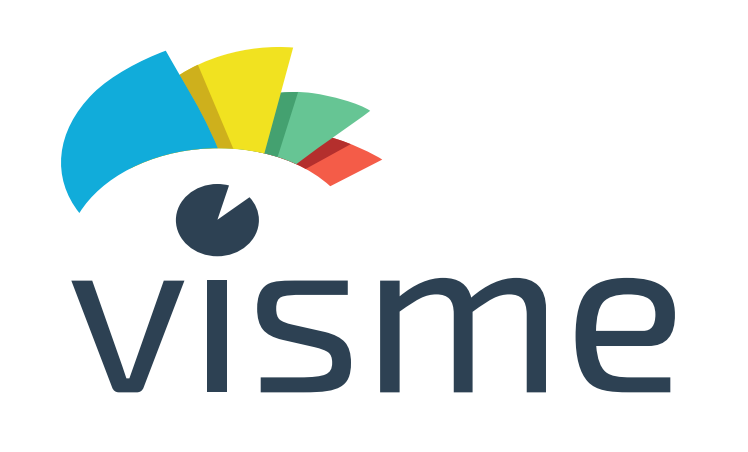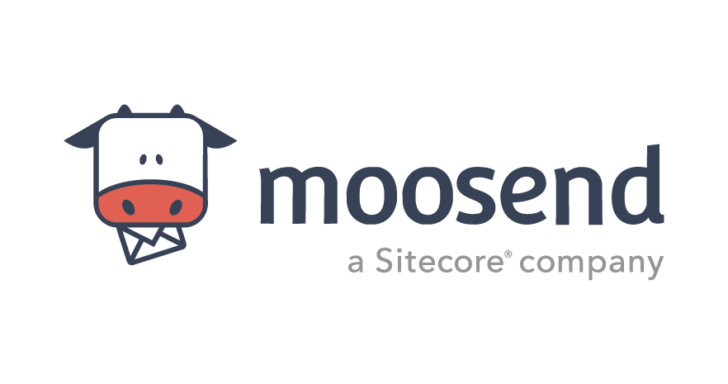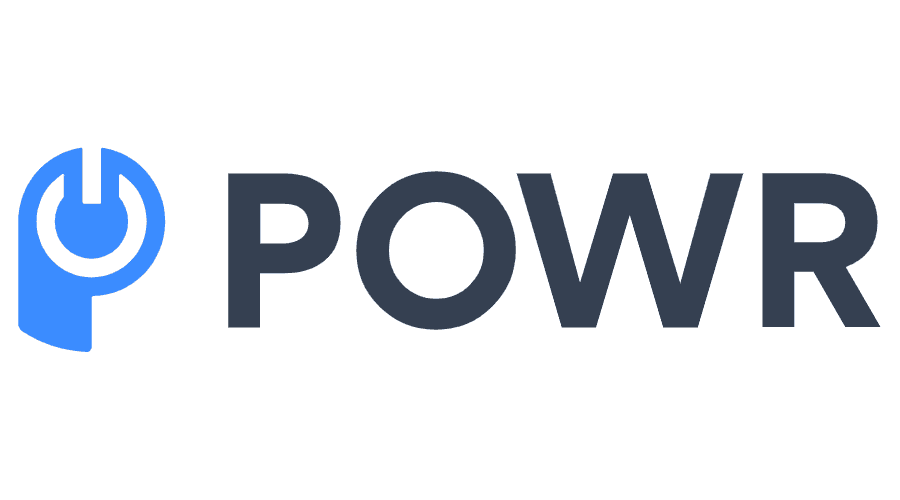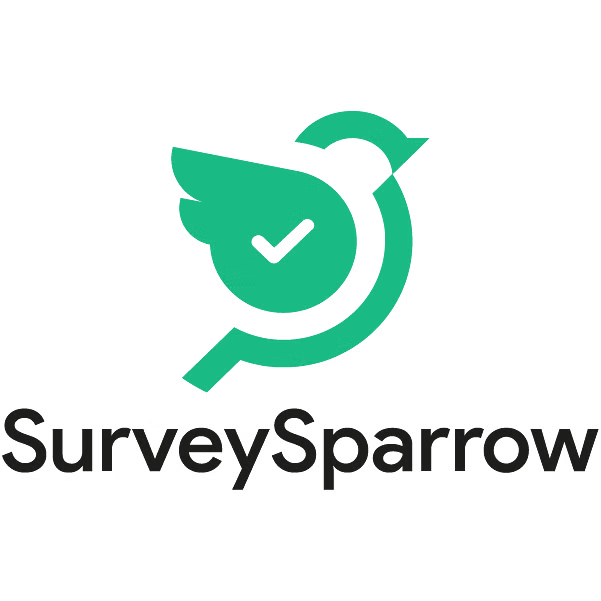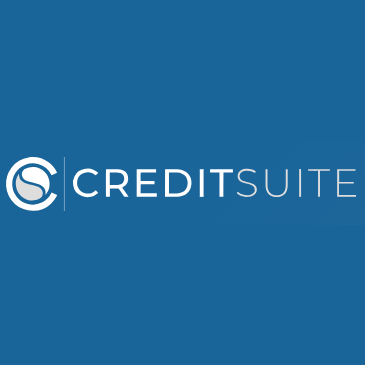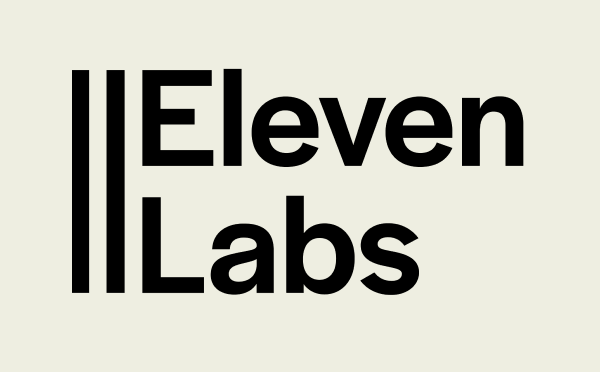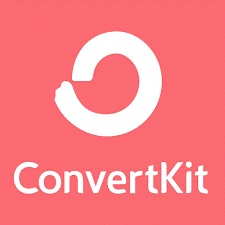Whether you’re just getting started or been in business for years, a business loan can give you the capital you need to grow.

Why get a business loan?
- Start a business: If you’re just getting started, a business loan can provide the capital you need to establish your venture and fund the upfront costs.
- Expand your operations: If you already have a business, a business loan can help you expand. You might finance another location or acquire a second business.
- Buy or upgrade equipment: Business loans are commonly used to buy or upgrade vital business equipment. No matter what type of business you run, chances are there’s a piece of equipment that would be useful.
- Access working capital: A business loan or line of credit can give you working capital to help manage your cash flow. It can help finance your day-to-day business expenses, from inventory to accounts payable.
- Refinance business debt: If your business already has debt, especially if it’s at a high interest rate, a business loan can help you refinance it at a more affordable rate.
Types of business loans
There are many types of business loans for startups and established businesses. The first decision you’ll have to make is whether to get an SBA loan or a non-SBA business loan, which some people mistakenly use interchangeably.
An SBA loan is a business loan that’s backed by the Small Business Administration. Because the SBA backs these loans, lenders can offer them to more business owners and at more competitive rates. However, SBA loans have a lengthy application, approval and funding process and not all businesses meet stringent SBA qualifications.
There are plenty of business funding options that offer flexibility, easier application and faster funding. Here are some examples:
- Term loan: It’s an installment loan with a fixed interest rate and repayment term. It may be best suited to large purchases and growth opportunities.
- Business line of credit: This revolving credit line can provide ongoing financing for businesses, similar to a credit card. It can help businesses manage their cash flow or finance long-term projects.
- Commercial real estate: A business might use this product to purchase commercial real estate. Just like when you use a mortgage to buy a home, the loan is secured by the property itself.
- Microloan: This is a term loan for a small amount, typically $50,000 or less. Businesses that might need microloans are very small businesses.
- Franchise loan: If you’re considering opening your own franchise, you might consider a franchise loan. Many lenders offer this financing option, and there are even SBA loans for franchises.
- Invoice factoring: It’s a type of financing where you sell your accounts receivable — meaning not-yet-paid invoices — in exchange for cash. You get the money upfront and the lender gets your unpaid invoices.
- Invoicing financing: Similar to invoice factoring, it allows you to use your accounts receivable to get a loan. But instead of selling the invoices outright, you simply use them as collateral for the loan.
- Equipment financing: If you’re planning to purchase equipment for your business, you would use this financing type. It can be used to purchase equipment of all kinds and at all price points.
- Merchant cash advance: Similar to invoice financing, it lets you leverage future revenue to help you get funds. You receive a loan amount that’s based on your projected sales and then make frequent — often daily — payments on the loan.
- Personal loans for business: A personal loan isn’t a business loan at all. Instead, a business owner might take out a personal loan in their own name and use the proceeds to fund their business expenses. Keep in mind that many personal loan lenders prohibit this practice.
- Business credit cards: If you need a financing tool to manage your cash flow, a business credit card might be right for you. It’s a revolving credit line, meaning you can continually use and repay the card for business expenses. You may even be able to earn rewards for your business spending.
Requirements to qualify for a business loan
Eligibility requirements vary by lender, but there are some common themes you can expect to encounter when you’re shopping for a loan:
- Credit scores: Lenders may look at both your personal and business credit scores to determine your loan eligibility. Some lenders require good credit, while others may offer loans to borrowers with poor credit.
- Gross revenue: Most lenders have a minimum monthly or annual revenue requirement. These minimum requirements generally range from $36,000 to $500,000 per year.
- Years in business: It’s common for lenders to require that you’re in business for at least six months before getting a loan, but some lenders may require one or two years instead.
- Personal financial history: As a business owner, lenders may look at your personal finances in addition to your business finances when determining loan eligibility.
- Industry type: Some lenders only work with businesses in select industries or have certain industries they won’t lend to. For example, you may have a harder time getting a loan in industries like cannabis, cryptocurrency, adult entertainment and gambling.
- Business plan: Lenders may require that you provide a business plan that outlines projected revenues and income sources.
- Loan proposal: It’s a pitch that tells the lender how you’ll use the funding, how it will benefit your business and how you’ll repay the debt. Though not all lenders require a loan proposal, some may.
- Down payment: Some business loans may require a down payment, especially if you’re getting a loan to purchase an asset such as equipment or commercial real estate.
- Collateral: If you’re applying for a secured business loan, you’ll have to provide collateral like a financial account or physical asset.
- Personal guarantee: This essentially tells a lender that if your business can’t repay its loan, you can be held responsible for it.
- Debt-service coverage ratio: Just like a personal lender will calculate your debt-to-income ratio, a business lender will calculate your business’s debt-to-cash-flow ratio and will likely have a maximum.
- Documentation: When you apply for your business loan, be prepared to provide documentation like financial statements.
How to get a business loan
- Determine your loan needs. Before applying for a loan, decide how much you need to borrow and which type of loan is best suited to your situation. Consider how you plan to use the funds, how quickly you need them and how fast you’d like to repay the debt.
- Assess your business finances. Evaluate your business’s credit, revenue and assets. Also, take a look at your personal finances, as many lenders will examine your personal credit scores and reports to determine eligibility.
- Shop around. Before settling on a single lender, browse various options (including your current financial institution, which might offer loyalty rewards) and narrow your list down to several that fit your needs. Some lenders may even allow you to pre-qualify for a loan, meaning you can get an idea of whether you’ll qualify without it impacting your credit.
- Gather financial documents. As you prepare to apply for a business loan, gather your business licenses, business plan, financial statements, tax returns and more. Consult your lender to get a final list of documents needed.
- Complete the application. Depending on your lender, you may be able to apply either online or in person with a loan officer. Loan approval can take anywhere from minutes to days.
- Finalize your loan agreement. Once your loan is approved and you sign your loan agreement, you’ll get your funds, which typically happens as quickly as the same business day.



